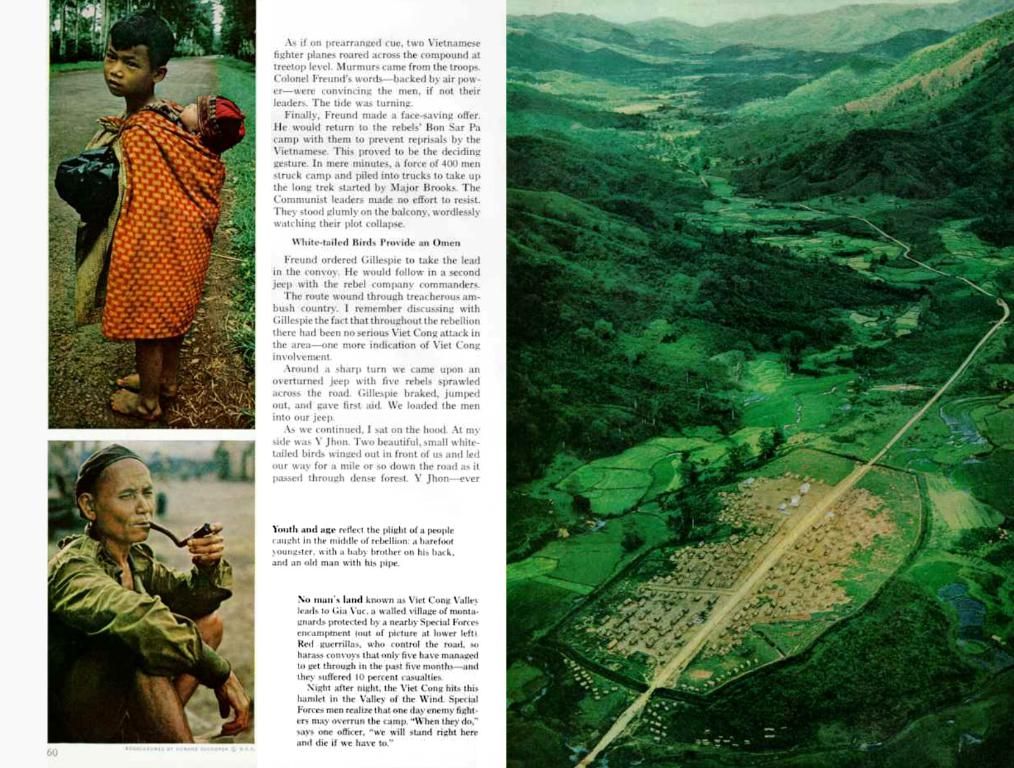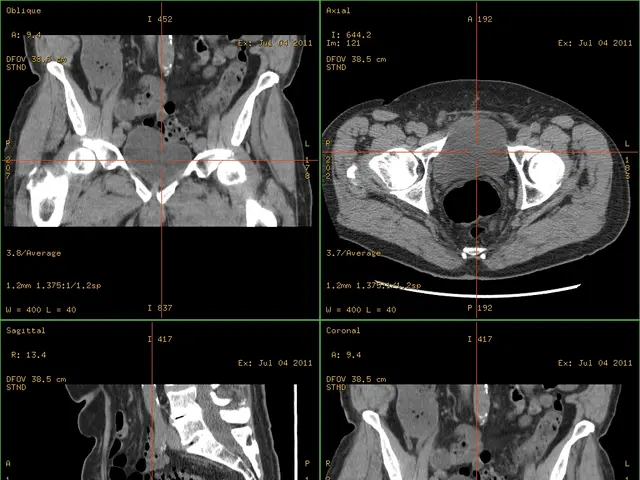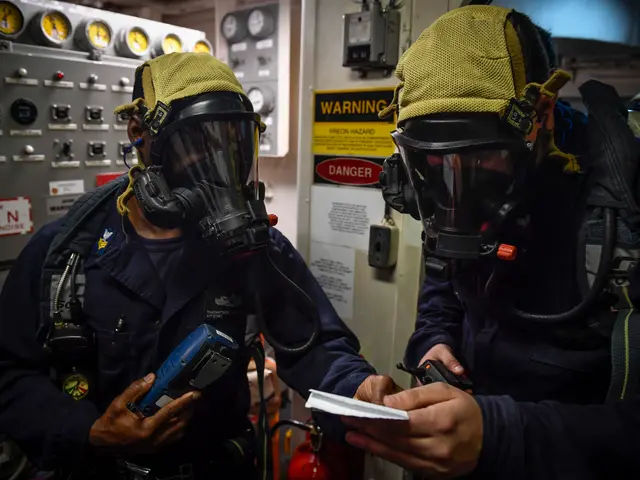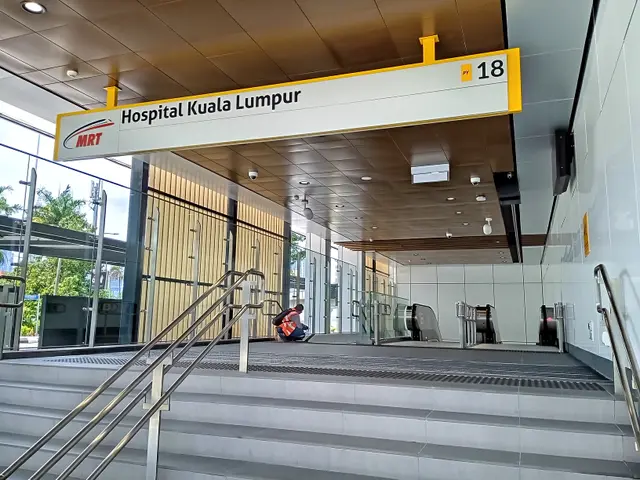Water Quality at Chiang Rai Prison Confirmed Safe by Department of Corrections
Let's talk about the water situation at Chiang Rai Central Prison - yeah, you heard that right! There's been a bit of a stir lately, and I'm here to set the record straight. Some people were worried about potential lead contamination in the nearby Kok River affecting the prison's water supply, but fear not!
The Department of Corrections recently addressed these concerns, stating that the prison's H2O comes from two sources - a surface water supply system and a groundwater system. Both systems comply with the standards set by the Department of Water Resources. Plus, the prison conducts annual checks on the water quality to keep things tidy.
A while back, there were some reports about discolored water in the Kok River. Naturally, the Chiang Rai Office of Natural Resources and Environment did what they needed to do - they collected water samples for a good ol' fashioned lab analysis. The test results? The heavy metal levels, including lead, in the prison's water were well below the safe limit. Phew!
Even though the test results came back with a clean bill of health, the prison is taking no chances. They've already kicked off a three-phase plan to make sure the water quality stays tip-top. First up, they've replaced water filter cartridges, added sediment filters, and set up large water tanks throughout the prison. They're also coordinating with the Provincial Waterworks Authority to buy clean drinking water for the inmates and are currently testing blood samples to check for any signs of contamination.
In the medium term, the facility is planning to separate the plumbing systems for surface water and groundwater. Surface water will be used for general use, while groundwater, once filtered to meet safety standards, will be used for drinking and cooking. Lastly, they've got a long-term plan in the works - they're proposing to the provincial governor that the Provincial Waterworks Authority expands its service coverage to include the prison. This expansion would not only improve the prison's water but also benefit nearby communities by providing cleaner, safer H2O.
The Department of Corrections wants to ensure the safety of their 4,000 inmates, so they're even allocating funds to install a reverse osmosis water filtration system at the prison. Seems like they're going the extra mile to handle this situation properly!
So, don't worry about the water at Chiang Rai Central Prison. The Department of Corrections has things under control - they're making sure their inmates have access to clean, safe water, even in the face of unnecessary rumors and concerns. Peace out!
In light of the recent medical-conditions reports about discolored water in the Kok River, the science behind the prison's water supply system is ensuring health-and-wellness for the inmates. The Department of Corrections is upgrading the water filtration system, including the installation of reverse osmosis filtration, and separating the plumbing systems for surface water and groundwater, thereby enhancing the overall quality of the water.




